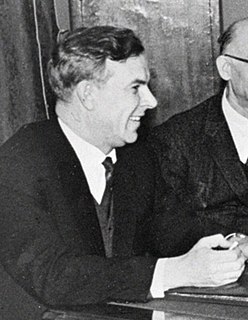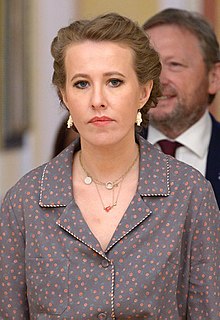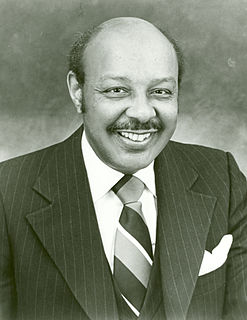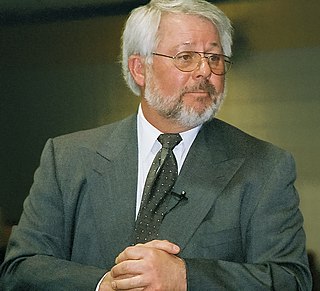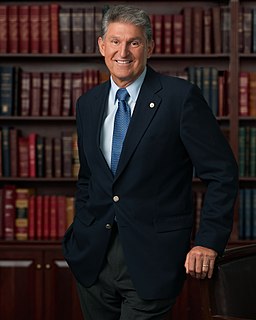A Quote by Julian Assange
Our [Russia]documents have gone on to be used in quite a number of court cases: refugee cases of people fleeing some kind of claimed political persecution in Russia, which they use our documents to back up.
Related Quotes
There was an intervention of the foreign states in the Russian Far East, Archangel of the West border of Russia. The foreign troops were participating in the attempts to stamp out the revolution. It's not just propaganda, because there are mounds of documents in the archives relating to these events and to the foreign espionage cases.
The recent inspection find in the private home of a scientist of a box of some 3,000 pages of documents, much of it relating to the laser enrichment of uranium support a concern that has long existed that documents might be distributed to the homes of private individuals. On our side, we cannot help but think that the case might not be isolated and that such placements of documents is deliberate to make discovery difficult and to seek to shield documents by placing them in private homes.
Let's put it in perspective at the United States Supreme Court, which hears maybe 60 cases a year, most of the cases are resolved without much dispute. The 10 or 15 that are controversial we all know about, and we hear about. The federal courts hear just a tiny sliver of the cases that go to court in this country. Most of the cases are in the state courts. And most legal issues never go to court. So, the legal system is actually not in jeopardy. At the same time, access to law is in jeopardy.
In our counterterrorism cases and our counterintelligence cases, we can issue all kinds of - of layers of approval in the FBI, a national security letter to find out the subscriber to a particular telephone number and to find out what numbers that telephone number was in contact with. Not the content of those communications, but just the connection.
The mistake we make with many people - not just Russia - is that we believe we have the model, and there is a sort of a condescension in our dialogue with other societies, which was especially painful in several administrations to Russia. I think in Russia, the Yeltsin period is not considered a period of great achievement, but a period of corruption and humiliation.
We've got oligarchs. There are certain people that benefit in the Russian sphere if you will. The oligarchs who basically feed Putin, they've got to be hurt without hurting the people. The people are hurting bad enough in Russia, and they're very skeptical of what's going on and all of the corruption goes on in Russia. Russia is not our ally. Russia is not our friend. And to treat Putin as an ally and a friend is wrong.


